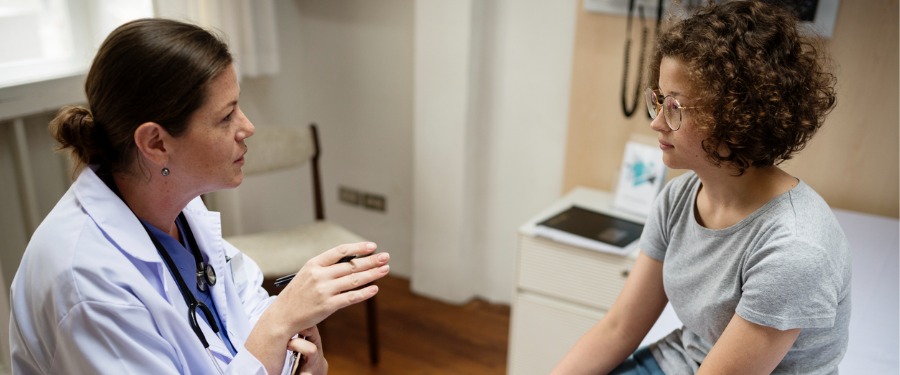5 things you may not know about celiac disease

Celiac disease, an autoimmune disorder that causes a reaction to gluten, is a condition that impacts about 1 in 141 people in the United States. For those with celiac disease, ingesting gluten creates toxins that destroy the villi of the small intestine, which makes it difficult for the body to absorb nutrients from food.
Despite the fact that celiac disease is relatively common, there is currently no cure. Though researchers are actively learning more about celiac disease through clinical trials, for now, people living with the condition have to eliminate all forms of gluten from their diet to avoid developing symptoms.
Whether you or a loved one has been diagnosed with celiac disease or you’re just curious to learn more, below, we share 5 things you may not know about celiac disease.
1. Anyone can develop celiac disease
Though celiac disease is a genetic autoimmune disease, anyone can develop it. You are more likely to develop it if you have a family member who has it, but because many people with celiac disease are asymptomatic, a diagnosis is still possible if there is no family history.
2. Celiac disease symptoms aren’t always digestive
While the most common symptoms related to celiac disease surround digestive issues, more than half of adults with celiac disease have additional symptoms as well. Osteoporosis, mouth ulcers, rashes, joint pain, headaches, fatigue, and more can all be signs of celiac disease that do not manifest in the digestive system.
3. There is currently no cure for celiac disease
While research is continually being done to find viable treatments and cures for celiac disease, currently, the only solution is to adhere to a 100% gluten-free diet. Unfortunately, evidence has shown that even those who do follow a gluten-free diet can continue to have symptoms and experience damage to the small intestine — this is why participating in celiac disease research can be so helpful for those who have been diagnosed.
4. The only way to confirm a celiac diagnosis is via a biopsy
If your doctor suspects that a patient has celiac disease, they will generally start with a blood test to look for certain antibodies. If these antibodies are found, an intestinal biopsy can then confirm the diagnosis. The biopsy will take samples from the small intestine, which will be examined under a microscope to look for damage and inflammation.
5. Celiac disease can lead to other medical issues
If celiac disease is left undetected or untreated, it can lead to the development of other medical issues, including type 1 diabetes, multiple sclerosis, infertility, osteoporosis, and more. People with celiac disease are also two times more likely to develop coronary artery disease and have a four times greater risk of developing small bowel cancers.
For celiac disease patients, participating in a clinical trial can be a great way to gain access to potential treatments and work with specialists in the field. Search for an eligible trial today to help move science forward.
Topics: For Patients
